
“The world reveals itself to those who travel on foot.”
Werner Herzog
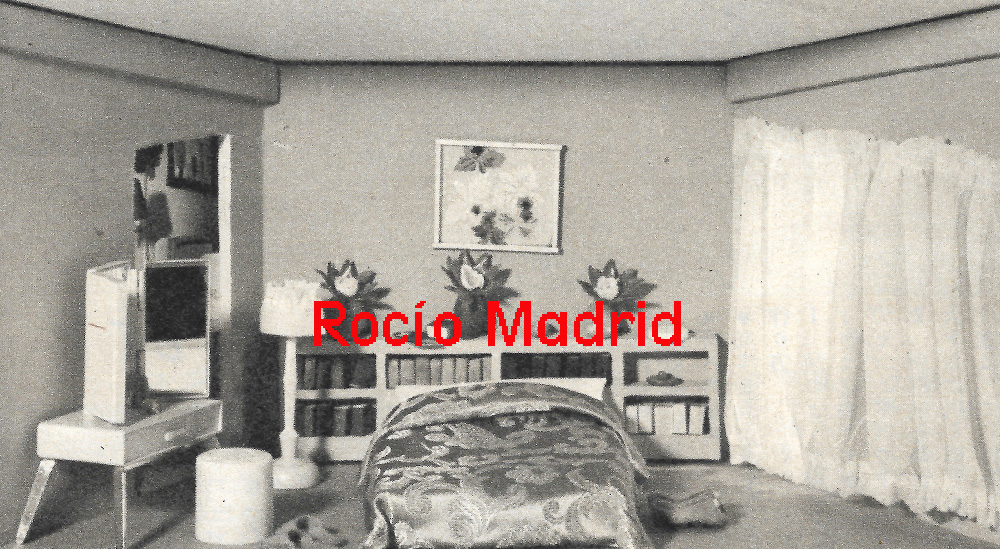
Rocío Madrid es una artista con base en Melilla. Pasea diariamente por su ciudad natal con su cámara de 35mm, capturando la belleza y poesía de las cosas más prosaicas.
Además de fotógrafa, hace unas cerámicas increíbles y a veces las decora con fragmentos de sus poemas. Porque también es escritora y has podido leerla en numerosas revistas reflexionando sobre música, literatura o pintura.
Asimismo, es curadora de exposiciones y publicaciones, gracias su mirada única y profunda.
Desde hace unos meses, Rocío lleva junto a su socia el primer taller de cerámica independiente de Melilla.
www.rociommadrid.com
Rocío Madrid is an artist based in Melilla. She walks through her hometown daily with her 35mm camera, capturing the beauty and poetry in the most mundane things.
In addition to being a photographer, she creates incredible ceramics, sometimes decorating them with fragments of her poems. She’s also a writer, with pieces published in various magazines where she reflects on music, literature, and painting. Rocío is also a curator of exhibitions and publications, known for her unique and profound perspective.
For the past months, Rocío and her business partner have been running Melilla’s first independent ceramics workshop.
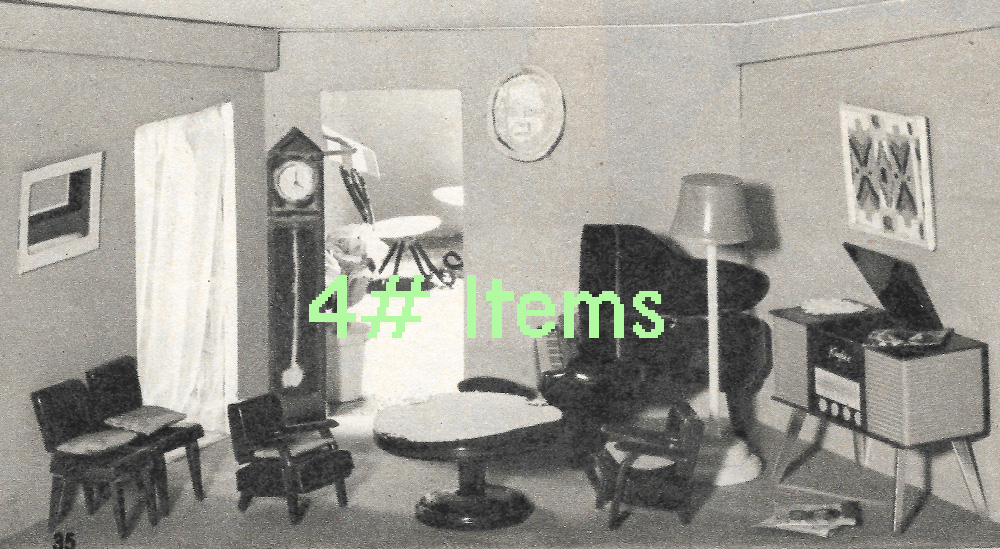
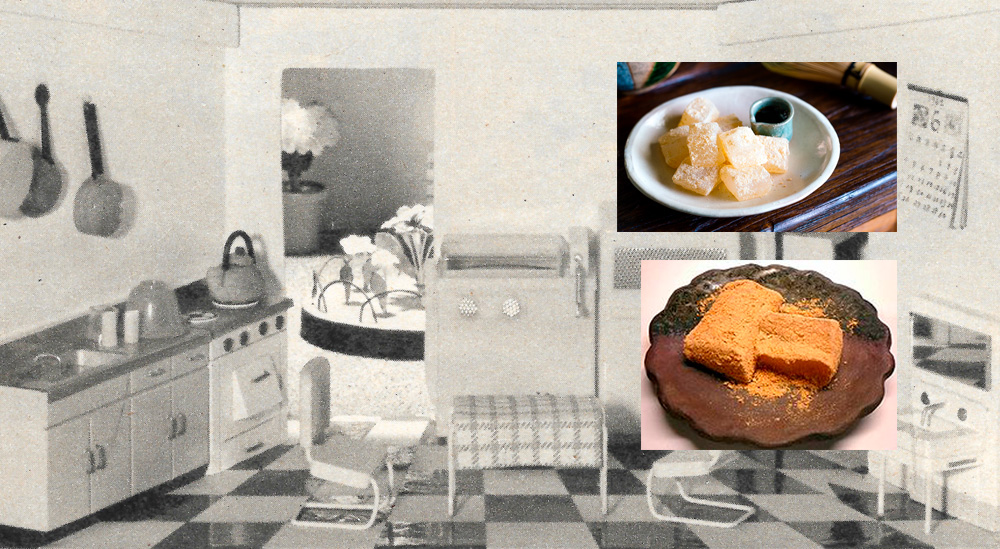
ITEM #1 Warabimochi
El warabimochi está hecho de almidón de helecho, se sirve espolvoreado con kinako, una harina de soja tostada, que toma el tono de la arena. Para alguien que se ha criado en la costa, la imagen del plato es la de una medusa que ha quedado varada en la orilla. Me lo ofrecieron en trozos diminutos a la salida de una estación de trenes en Tokio hace unos trece años. Fue la primera vez que probé una textura como esa, con un sabor ni dulce ni salado, que no sabía si masticar o tragar por todo lo que me estaba levantando en el cerebro en ese momento a través del paladar. Me fascinó. A partir de ese día, gracias al regalo de esa vendedora mayor con cofia a la salida de Yoyogi, mis fantasías culinarias se transformaron por completo.
Warabimochi is made from bracken starch and served dusted with kinako, a roasted soybean flour that takes on the color of sand. For someone who grew up on the coast, the image of the dish is like that of a jellyfish stranded on the shore. I was offered it in tiny pieces outside a train station in Tokyo about thirteen years ago. It was the first time I experienced a texture like that, with a taste neither sweet nor salty, leaving me unsure whether to chew or swallow it as it stirred so much in my mind, all through my palate. I was fascinated. From that day on, thanks to the gift of an older vendor wearing a cap outside Yoyogi, my culinary fantasies completely transformed.

ITEM #02 Ley de reciprocidad de los rarámuris
Artaud describe en su libro “Los tarahumara” (pueblo indígena del norte de México autodenominado rarámuri). “Cuando los tarahumaras descienden de las ciudades mendigan… Tanto si se les da como si no, siempre se retiran al cabo del mismo lapso de tiempo. Si se les da no dicen gracias, pues para ellos dar a quien no tiene nada no es ni siquiera un deber, es una ley de reciprocidad física que el mundo blanco ha traicionado. Su actitud dice: “Al obedecer la ley, es a ti a quien haces el bien, por tanto no tengo que darte las gracias.”
In his book The Tarahumara (about the indigenous people of northern Mexico who call themselves the Rarámuri), Artaud describes: “When the Tarahumara descend into the cities, they beg... Whether given something or not, they always leave after the same interval of time. If given something, they do not say thank you, because for them, giving to someone who has nothing is not even a duty—it is a law of physical reciprocity that the white world has betrayed. Their attitude says: ‘By obeying the law, it is yourself whom you benefit, so I owe you no thanks.’”
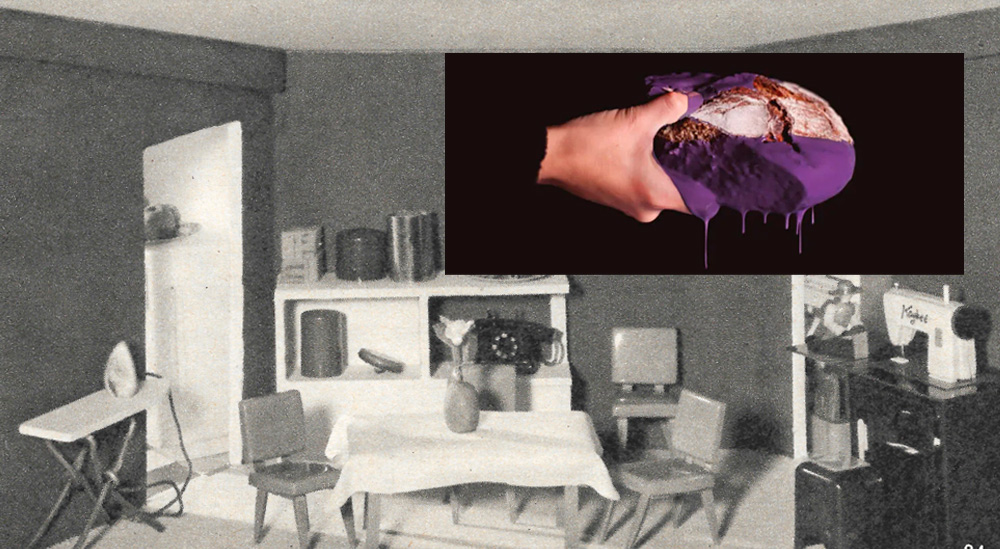
ITEM #03 Illa Bufarda. Negro Púrpura
Es muy bonito poner una lupa sobre lo que nos ha rodeado siempre. La mayoría de ergot del centeno (hongo que genera la dietilamida de ácido lisérgico) que se consumió en Estados Unidos durante el SXX salía de campos gallegos, que por su calidad era de los más cotizados por las farmacéuticas. La recogida del cornezuelo era un trabajo relegado a las mujeres, se realizaba de noche, cuando acababan las labores del día y suponía un aporte importante a la economía doméstica. Lo cuentan las chicas de Illa Bufarda en su documental Negro Púrpura.
It’s beautiful to put a magnifying glass over what has always surrounded us. Most of the rye ergot (the fungus that produces lysergic acid diethylamide) consumed in the United States during the 20th century came from Galician fields, which were among the most sought-after by pharmaceutical companies due to their quality. Harvesting the ergot was a job relegated to women, done at night after finishing the day's work, and it provided an important boost to the household economy. The women from Illa Bufarda recount this story in their documentary Negro Púrpura
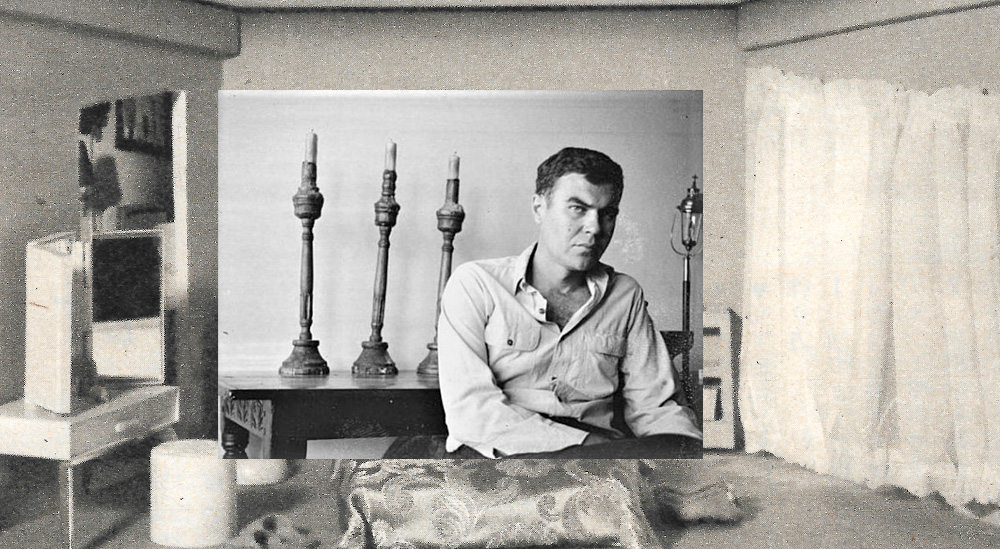
ITEM #04 Raymond Carver
Mi hermano nació el mismo día que Raymond Carver. No lo veo mucho. No sé qué me pasa en verano que me da por los cuentos y siempre lo releo. Pero este verano de 2024, en concreto en est agosto, descubrí su poesía y lo primero que leí fue este poema:
Es agosto y no he leído un libro en seis meses
salvo una cosa titulada The Retreat From Moscow de Caulaincourt.
Sin embargo, soy feliz cuando voy en coche con mi hermano
bebiendo una pinta de Old Crow.
No vamos a ningún sitio,
conducimos sin más.
Si cerrara los ojos durante un minuto no sabría dónde estoy
y me tumbaría encantado a dormir para siempre a la orilla de la carretera.
Pero mi hermano me da un suave codazo.
En un momento va a pasar algo.
My brother was born on the same day as Raymond Carver. I don’t see him much. I don’t know what it is about summer, but it makes me turn to short stories, and I always end up rereading him. Yet this summer of 2024, specifically in August, I discovered his poetry, and the first thing I read was this poem:
It's August and I haven't read a book in six months
except for one called The Retreat From Moscow by Caulaincourt.
Still, I'm happy when I'm driving with my brother,
sipping a pint of Old Crow.
We're not going anywhere,
just driving.
If I closed my eyes for a minute, I wouldn’t know where I am
and I’d be delighted to lie down forever by the roadside.
But my brother gives me a gentle nudge.
In a moment, something's about to happen.
